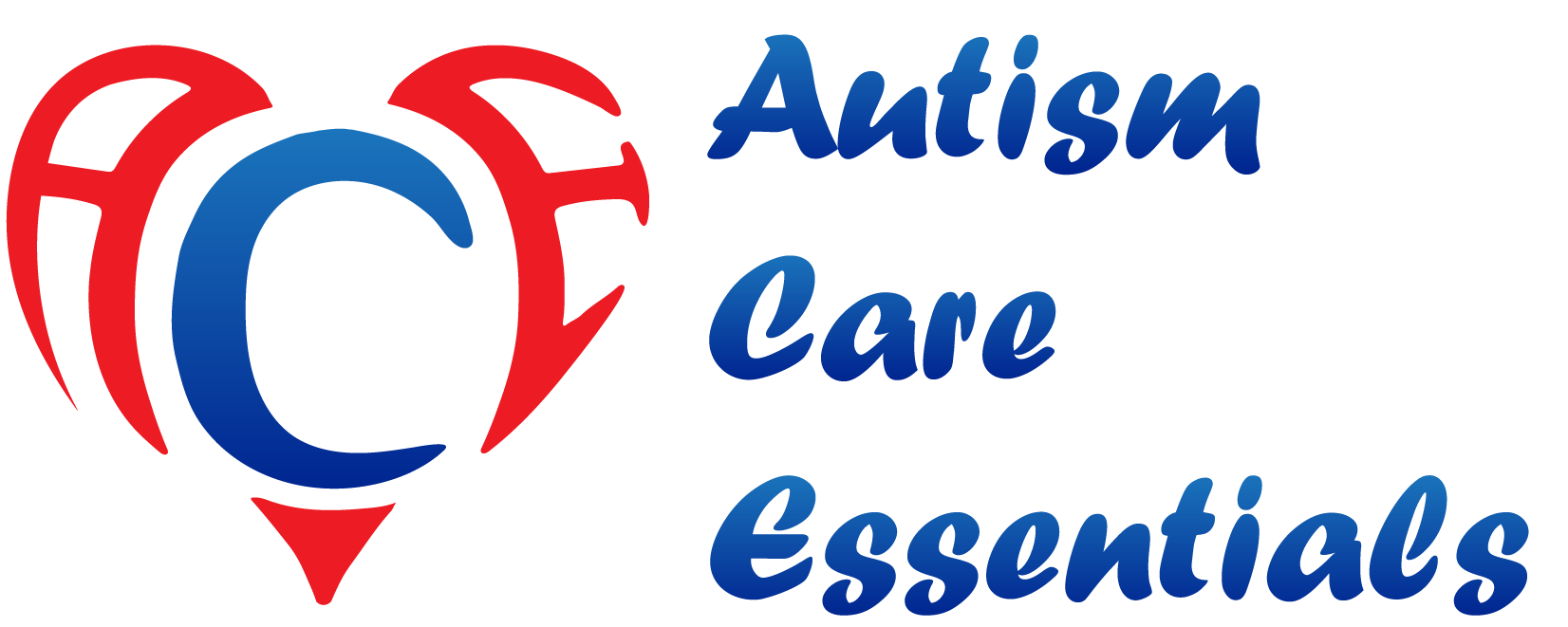Supplements might be recommended for people with autism by the doctors when they don’t or can’t eat enough nutritional food and the body doesn’t absorb sufficient nutrition to function properly.
A lot of people want to know if carbohydrates affect autistic symptoms or what supplements can help alleviate the symptoms.
Nutritional Facts about Carbohydrates
Carbohydrates are one of three macronutrients that provide main source for energy. It is essential to understand how carbohydrates work for a body before we can conclude if supplements are needed for an autistic person.
- Carbohydrates are sometimes simply called carbs that include sugars, starches and fibers. Besides fibers, carbohydrates are broken down as glucose and absorbed into the bloodstream, where it is used by cells to produce energy.
- Sugars are the simple carbohydrates that the body uses them for energy. The excess sugars in body will be converted and stored as fat for later when needed. Most of us are very familiar with table sugar, fruit sugar and honey, but not so with sugar lactose.
- The sugar lactose found primarily in milk and other dairy products requires enzyme call lactase to break it down to glucose to be used as energy.
- Starches are complex carbohydrates that require enzymes to break them down to simple sugars before they can be used for energy. The body will also convert this excess carbs to fat for later use when needed. The most commonly known starchy foods are wheat, corn, potato, rice and barley.
- The body uses sugars and starches for energy before it needs to break down fat for more energy.
- Fibers are hard to digest and not absorbable by the body. They normally transit out of the body before they can be digested. Fiber helps regulate blood sugar and the energy for the body besides other health benefits. Fruits and vegetables are most common carbohydrates with high fibers.
- Vitamin B group that are called coenzymes help enzymes breakdown the carbohydrates that the body primarily relies on.
Through the nutritional facts of carbohydrates, we can tell that proper carbohydrate is a part of a good diet, unless the body shows intolerance to it.
Intolerance to Carbohydrates
Intolerance to carbohydrates can be caused by the problems with either digestion or absorption.
- If a person experiences frequent diarrhea, flatulence or have abdominal pain or swollen abdomen, they might be intolerant to carbohydrates. In other words, their body is not able to completely process the carbohydrates. Deficiency of one or more enzymes can cause this digestion problem. Food intolerance test can help them find out what kind of carbohydrates they are sensitive to.
- It can raise concerns for diabetes when a person experiences fatigue, increased thirst, blur vision and frequent urination, especially in the night. This can be thought of carbohydrate intolerance or insulin resistance. That means the body is not producing enough insulin to move the sugar to cells and causes the blood sugar staying in blood stream to rise above a healthy level.
- Although it doesn’t often happen with allergy to carbohydrates, it does exit that some sugars in certain red meats considered as carbohydrates cause delayed allergy to some people.
Low Carbohydrates Autism Diets
There is no scientific evidence that people with autism are allergic to carbohydrates. However, a special low-carbs autism diet might impact the amount of carbohydrates that the autistic individual takes. Here are some pros and cons.
- One study found that children with autism who were on a low-carb diet had fewer behavioral problems and better communication skills than those who followed the recommended gluten free/casein free (GFCF) diet.
- Another study showed improved social interaction after switching to a ketogenic diet. The Ketogenic Diet is very high in fat, moderate in protein and very low in carbohydrates.
- A third study showed improvement of core symptoms of autism when following the Paleolithic or “Paleo” Diet which is also very high in fat, moderate in protein and very low carb diets.
- Low-carbs diets are often used as part of an autism treatment plan. It is believed that it can help reduce inflammation by avoiding foods containing refined sugars, grains and starches while increasing intake of healthy fats and proteins.
- If an autistic person who is on a low-carbs diet demonstrates increased behavioral problems, it is a sign of ketosis. Ketosis is a body reaction of extra hunger, dizziness or confusion on the low-carbs diets. Unless they are the medical problems, more carbs should be introduced back to diet gradually.
Carbohydrates and Autism Care
Although autism diet is a part of autism care, we are discussing the autism care without specific autism diets. Autistic individuals should consume the carbohydrates under typical dietary guidelines with the following exceptions.
- If the autistic individual shows the carbohydrate intolerance through a clinical test, it is necessary to minimize those carbohydrates or supplement if the natural diets don’t add enough digestive enzymes. The doctors might recommend proper enzyme supplements to alleviate the symptoms of discomforts.
- Although it is in the category of sugar intolerance, higher percentage of autistic children and young adults than typical peers experience lactose intolerance. They should limit intake of milk and milk products until they have solutions to help the body digest lactose properly. The supplement of enzyme lactase is usually the first-tried solution.
- According to Pubmed.org, teenagers and young adults with autism are about three times more likely than typical peers to develop type 2 diabetes. Treatments are required for this medical condition while healthy diets without too much sugary foods are a good way to prevent in early years.
- As you can see, an autistic person can consume too much carbohydrate that the body can’t or doesn’t use. That might develop type 2 diabetes or cause obesity from the excessive carbohydrate stored in body. To prevent these conditions, it is necessary to balance the carbohydrate intake amount and physical activity level for the overall well-being of an autistic individual.
- Vitamin B group are essential for the enzymes function properly. Natural food source for vitamin B are beef, eggs, leafy greens, milk, oyster & salmon. The health providers might recommend vitamin B supplements if the autistic individual doesn’t eat enough natural foods for vitamin B.
Autism and Carbohydrates
We hope to provide the idea understandings how autism is related to carbohydrates.
- Carbohydrates don’t cause autism. Just like typical individuals, an autistic person might be sensitive to certain carbohydrates. Carbohydrate sensitivity test is necessary for them to minimize the intake on those carbs.
- Sensitivity is not an allergy. Sensitivity can cause physical discomfort while allergy causes immune system to react which sometimes can be deadly.
- Carbohydrates especially simple sugars can be addicting without proper mental discipline. Over-eating carbohydrates can cause health problems and can aggravate the autistic behaviors. An autistic individual might needs more supervision on the intakes for carbs.
- Make healthy carbohydrates work in a balanced diet. The best carbs for an autistic health are the ones that are as natural as possible. Mangoes, bananas and raw honeys are natural foods that contains great amount of enzymes to help digest the carbohydrates.
- Carbohydrates are important to brain function as they provide fuel for the central nervous system and energy for working muscles. They allow protein to be used for producing enzymes, hormones and building muscles. Better brain function means improving autism symptoms.
If the supplements become necessary and you are looking for a particular brand for a competitive price, check out Iherb.com. They carry great lines of supplements including enzymes and vitamins B that can help better digest carbohydrates.
Please share with us from your autism care outcome with the choice of carbohydrates.
